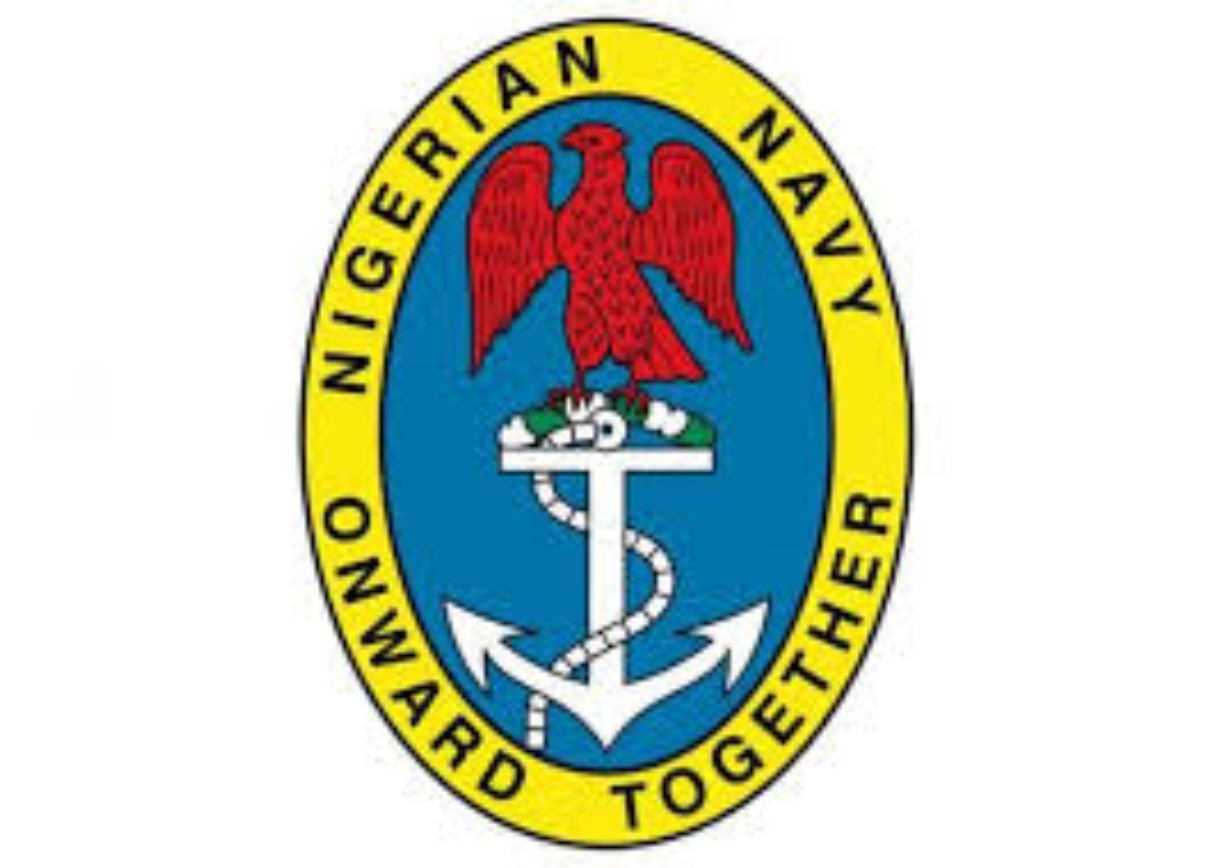Business
European Business Group To Hold Forum In Nigeria
Come October 23-24, 2012, Nigeria-German Business
Association will hold its first European business forum in Lagos, Nigeria.
According to Mr. Andre
Ronne, the delegate of German Industry and Commerce in Nigeria, the forum will
showcase the business potentials available in Nigeria and create an annual
platform for strengthening cooperation as well as developing business contacts
between Nigeria and Europe.
“The forum is a joint undertaking of the delegation of
German Belgian Commercial Information and Documentation Centre (NBCIDC),
supported by the Embassies and consulates in Abuja and Lagos, Ronne stated.
The forum is also to seek to bring together high-ranking
personalities from both the public and private sectors of both Nigerian and
European nations.
The two days seminar will focus on key sectors like,
infrastructure, agriculture security, manufacturing, education and vocational
training, banking and finance and health care. Others are information &
communication technology (ICT) and business climate & environment. The
forum is to hold at Eko Hotel and Suites, Lagos.
Since 2008, the German delegation of industry and commerce
in Nigeria has successfully organised four bilateral business fora, alternating
between Germany and Nigeria.
The last forum was held in 2011 at Abuja. The Abuja forum
brought together over 450 participants from the German and Nigerian public and
private sector and was hosted by the two heads of government, Chancellor Angela
Merkel and President Goodluck Jonathan.
The forum reiterated the business interest in Nigeria,
saying, “We have been in constant contact and exchange with most of the
European Trade Associations and consulates in Nigeria and realised that we all
believe in strong economic potentials of the Nigerian market despite its
challenging business environment.
“We therefore decided to put our European investors and
companies while using the window of opportunities for Nigerian and European
business in Nigeria to create on mid and long term lobbying platform for European companies and
their representatives”.
Mr. Ronne explained that “why European companies is the
target is because the high quality of their products guarantee reliable and sustainable partnerships with
the Nigerian public and private sectors.
“For most of European
nations Nigeria is the second most important market in sub-Saharan”, Africa. A
look at the import ($73.3 billion) and export ($74.7 billion) table figures
proves that Europe is a sub-Saharan Africa’s most imported business partner,
more important than North America and South East Asia. Europe has long lasting
and fruitful economic ties with Nigeria than any other region in the world.
Nigerian-EU trade increased tremendously within the last
five years-Nigeria imported products and goods from the EU 27 worth from $8.5
billion in 2007 to $12.7 billion in 2011 within the same period Nigeria exports
towards the EU developed positively from 2007.
On his part, Mr. Yinka Akande of Nigerian/German delegate
business Association also explained that the proposed business fair will
attract over 400 companies cutting across Nigerian and European’s nations.
Business
Agency Gives Insight Into Its Inspection, Monitoring Operations

Business
BVN Enrolments Rise 6% To 67.8m In 2025 — NIBSS

The Nigeria Inter-Bank Settlement System (NIBSS) has said that Bank Verification Number (BVN) enrolments rose by 6.8 per cent year-on-year to 67.8 million as at December 2025, up from 63.5 million recorded in the corresponding period of 2024.
In a statement published on its website, NIBSS attributed the growth to stronger policy enforcement by the Central Bank of Nigeria (CBN) and the expansion of diaspora enrolment initiatives.
NIBSS noted that the expansion reinforces the BVN system’s central role in Nigeria’s financial inclusion drive and digital identity framework.
Another major driver, the statement said, was the rollout of the Non-Resident Bank Verification Number (NRBVN) initiative, which allows Nigerians in the diaspora to obtain a BVN remotely without physical presence in the country.
A five-year analysis by NIBSS showed consistent growth in BVN enrolments, rising from 51.9 million in 2021 to 56.0 million in 2022, 60.1 million in 2023, 63.5 million in 2024 and 67.8 million by December 2025. The steady increase reflects stronger compliance with biometric identity requirements and improved coverage of the national banking identity system.
However, NIBSS noted that BVN enrolments still lag the total number of active bank accounts, which exceeded 320 million as of March 2025.
The gap, it explained, is largely due to multiple bank accounts linked to single BVNs, as well as customers yet to complete enrolment, despite the progress recorded.
Business
AFAN Unveils Plans To Boost Food Production In 2026
-
Business5 days ago
AFAN Unveils Plans To Boost Food Production In 2026
-

 Sports5 days ago
Sports5 days agoJ And T Dynasty Set To Move Players To Europe
-

 News2 days ago
News2 days ago2026 Budget: FG Allocates N12.78bn For Census, NPC Vehicles
-

 Featured5 days ago
Featured5 days agoRSG Kicks Off Armed Forces Remembrance Day ‘Morrow …Restates Commitment Towards Veterans’ Welfare
-

 Featured5 days ago
Featured5 days agoTinubu Hails NGX N100trn Milestones, Urges Nigerians To Invest Locally
-

 Niger Delta5 days ago
Niger Delta5 days agoNavy Pledges Improved Patrols, Welfare Boost For Personnel
-
Rivers5 days ago
Ogoni Community Rejoices Over Return Of Peace
-
Nation5 days ago
Cleric Preaches Love As Deputy Governor, Chief Judge Grace Wedding In PH

